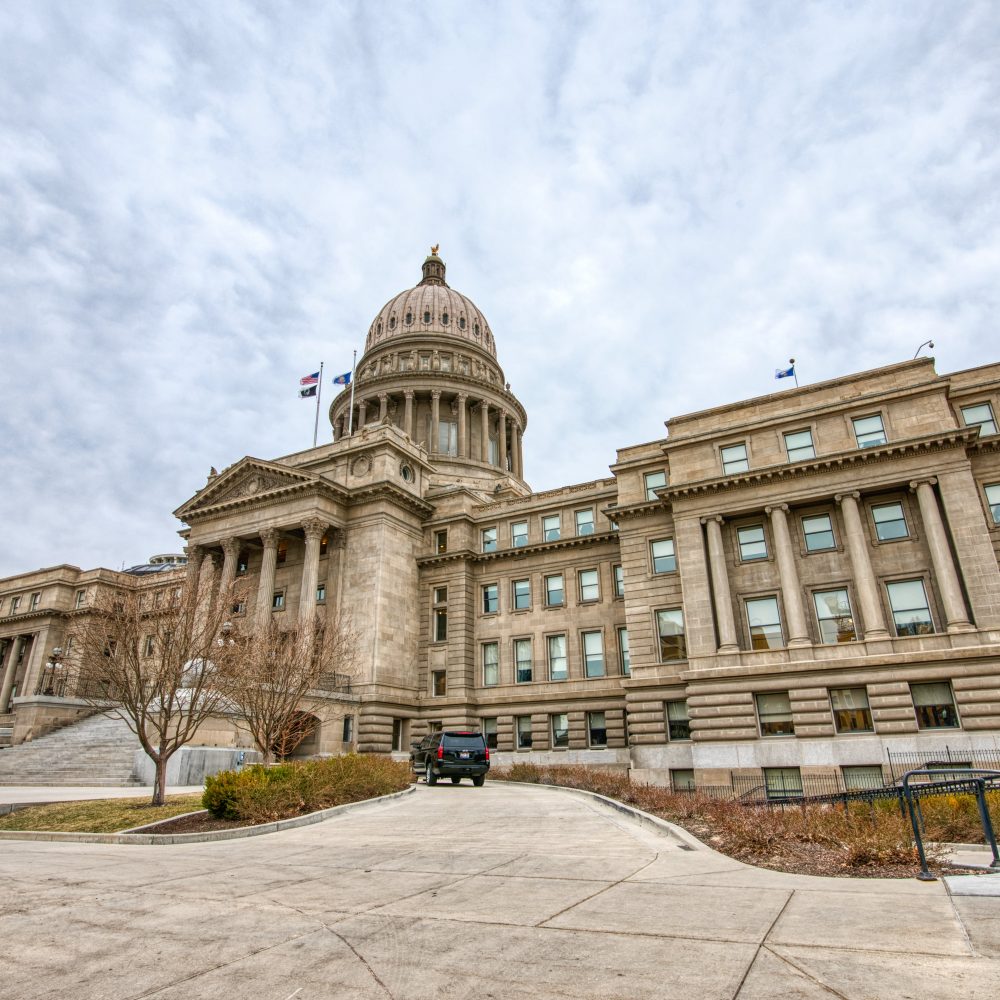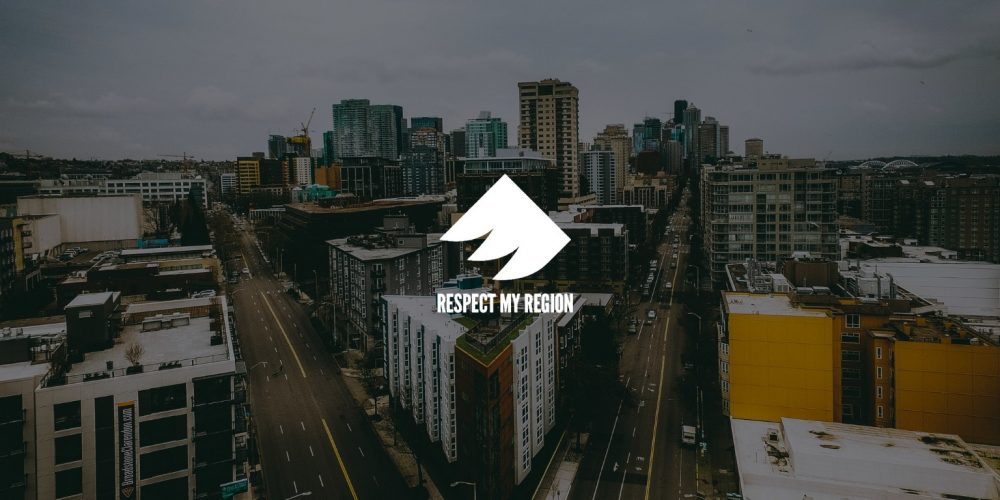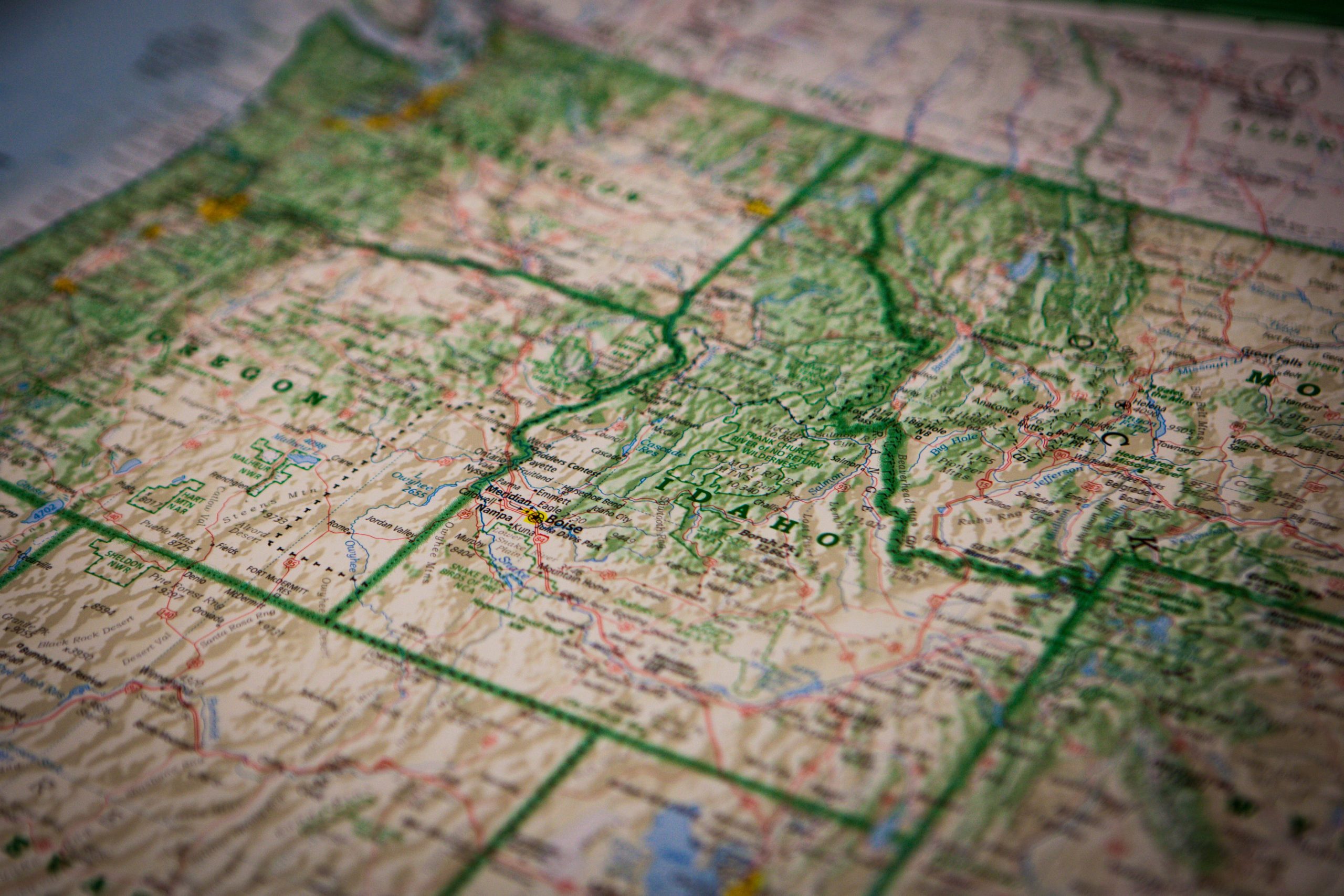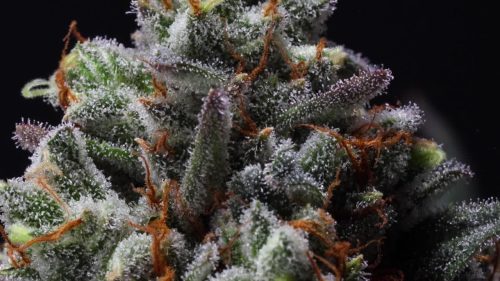Understanding the laws pertaining to cannabis from state to state is mind-boggling. Cannabis laws vary widely across states, and crossing state borders with cannabis requires careful consideration, especially when entering states with strict regulations like Idaho. While neighboring states might have legalized cannabis, Idaho maintains stringent laws prohibiting both recreational and medicinal marijuana.
If you’re traveling to Idaho, or you already live there and are new to the cannabis scene, this is for you. We’ve outlined the Idaho laws and regulations of the potato state so you can be the most prepared.

Credit to Brett Sayles
Understanding Idaho’s Stance on Cannabis:
1. Possession and Use: Idaho strictly prohibits the possession, use, sale, or transport of cannabis in any form, regardless of the amount or purpose. Both recreational and medical cannabis are illegal.
2. Legal Consequences: Possession of cannabis in Idaho can lead to serious legal repercussions, including fines, misdemeanor or felony charges, and potential imprisonment, depending on the amount and circumstances.
3. Border Patrol Checks: Idaho shares borders with states that have legalized cannabis, leading to heightened border patrol scrutiny. Law enforcement officers often conduct checks, especially near state borders, including random traffic stops or searches.
Cannabis Legalization in Neighboring States:
Washington, Oregon, and Nevada, neighboring states of Idaho, have legalized recreational cannabis. While it’s legal to possess and use cannabis in these states, individuals must understand the legal boundaries when crossing into Idaho:
1. State Lines: Cannabis laws are state-specific, and crossing into Idaho with cannabis, even if legally obtained in a neighboring state, is illegal and subject to Idaho’s laws.
2. Federal Law: Cannabis remains illegal under federal law, regardless of state legalization. Interstate transportation of cannabis across state lines violates federal law, inviting federal legal consequences.
3. No Safe Harbor: Idaho does not recognize the legality of cannabis possession or use from other states, even for medicinal purposes. Possessing cannabis from legal states while in Idaho is considered a criminal offense.

Credit to Pixabay
Potential Consequences of Possessing Cannabis in Idaho:
1. Legal Penalties: Possession of even small amounts of cannabis in Idaho can result in misdemeanor charges, leading to fines of up to $1,000 and a possible jail sentence of up to one year. Larger amounts can result in felony charges, carrying heavier fines and longer imprisonment.
2. Legal Record: A conviction for cannabis possession can lead to a permanent criminal record, affecting employment, housing, and educational opportunities.
3. Immigration and Federal Implications: Non-U.S. citizens, including legal permanent residents and visa holders, face severe immigration consequences, including deportation or inadmissibility, due to cannabis-related offenses.
Tips to Navigate Border Crossings:
1. Awareness and Compliance: Understand the laws of both the state you’re leaving and the state you’re entering. Ensure complete compliance with the laws of each state to avoid legal issues.
2. Remove Cannabis from Vehicle: Before crossing into Idaho, thoroughly check and remove any cannabis or cannabis-related items from your vehicle, including paraphernalia, to avoid accidental possession.
3. Legal Consultation: If unsure about legal implications, seek guidance from legal professionals well-versed in cannabis laws and interstate travel regulations.
Crossing state borders with cannabis, especially into states like Idaho with strict anti-cannabis laws, carries significant legal risks and consequences. Understanding and adhering to state-specific laws and respecting boundaries between legal and non-legal states are critical to avoid potential legal entanglements, hefty fines, and criminal charges. It’s imperative to exercise caution and compliance when navigating cannabis laws, especially when crossing into states with contrasting regulations.
Disclaimer:
This guide aims to provide general information and should not be considered legal advice. Laws regarding cannabis possession, use, and transportation vary, and individuals should seek guidance from legal professionals for personalized advice regarding cannabis laws and interstate travel.
Stay knowledgeable about all things cannabis here.








